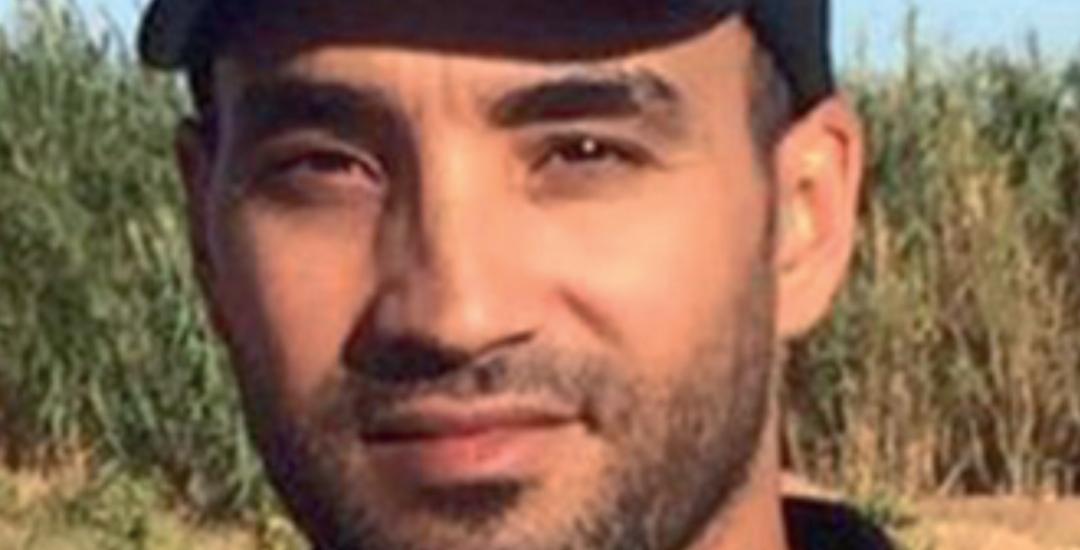
On Thursday, 4 April 2024, Algerian authorities released Mr. Abderrahmane Zitout after serving the two-year prison sentence he was condemned to following an unfair trial.
Mr. Abderrahmane Zitout, brother of exiled former diplomat and opposition activist Mr. Mohamed Larbi Zitout, was arrested in retaliation against his brother and sentenced to two years' imprisonment on the basis of a confession extracted under torture from former army officer Mr. Benhalima Mohamed Azzouz. Mr. Mohamed Azzouz had publicly stated during his hearings that he had been tortured into making a confession condemning Mr. Zitout, a confession that was later used to sentence him to two years' imprisonment.
Opinion of the Working Group
Following a complaint by Alkarama, the United Nations Working Group on Arbitrary Detention, in its Opinion No. 53/2023, acknowledged the arbitrary nature of Mr. Abderrahmane Zitout's deprivation of liberty and called on the Algerian authorities to release him immediately. He had been arrested because of his relationship with his brother, Mr. Mohamed Larbi Zitout, and in retaliation against him.
Mr. Larbi Zitout went into exile in London in 1995 where he was granted political refugee status after denouncing gross human rights violations committed by the Algerian army and police during the civil war. Since then, he has been a political opponent who has called for the establishment of law and democracy in Algeria and an end to the military's grip on the Algerian state. He was recently placed on the list of people officially designated as "terrorists" because of his involvement in the Rachad Movement, a peaceful political movement he co-founded. Without any ideological designation, this movement calls for the establishment of the rule of law and democracy in Algeria, in accordance with its statute and charter.
Mr. Abderrahmane Zitout was arrested on 30 March 2022 on charges of subversive activities, membership of a terrorist group or false publications, and was transferred to an unknown destination where he was held incommunicado and without contact with the outside world. His family only learned that he was in El Harrach prison (a suburb of Algiers) on 4 April 2022.
During his family's first visit to prison, he said he spent the five days following his arrest at the central police station in Algiers, where he was questioned at length about his links with his brother and whether he shared his political beliefs, including his views on the peaceful "Hirak" movement. At no time did the police question him about the facts for which he was allegedly arrested.
The Working Group recognizes the arbitrary nature of his detention
In its Opinion No. 53/2023, the UN Working Group noted a series of violations, including the failure to communicate the reasons for the arrest, the delay in his appearance before a judicial authority, the prolonged police custody, the continued pre-trial detention at the expense of alternative measures, the incommunicado detention and the enforced disappearance of Mr. Zitout, that render his detention arbitrary.
In its response to Alkarama's complaint, the government said that "Mr. Zitout was arrested for publishing publications deemed offensive to the symbols of the state, for supporting the Rachad political movement and for calling for rebellion against the security forces." The UN independent experts noted that the State, through this declaration, is in fact acknowledging that it has been prosecuted for exercising its right to freedom of expression.
The Working Group had also expressed concern about "the ambiguity of the Algerian law on combating terrorism, on the basis of which Mr. Zitout was detained", recalling that "vaguely drafted and overly general laws may have a negative impact on the exercise of protected rights" as they "may lead to violations, including arbitrary deprivation of liberty". The experts found several violations of Mr. Zitout's right to a fair trial and conviction in the absence of material evidence.
Finally, as Alkarama pointed out in its complaint, the UN experts noted that Abderrahmane Zitout was at risk of being "guilty by association" because he had been "detained on a discriminatory basis, in particular on the basis of his family ties alone and in retaliation for the activism and political opinions of a family member in exile".
